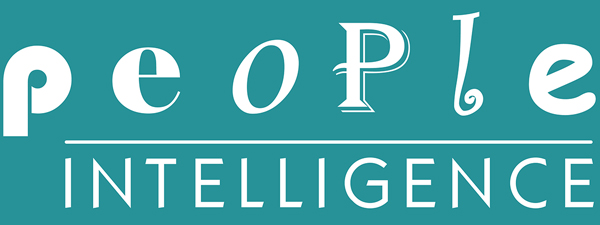Gerry Robinson & the NHS
Every second of this 3 x 1 hour programme had me hooked. I could take a lot of blog space and/or write articles from an EI perspective on the challenges Gerry Robinson faced at Rotherham General Hospital. Here are the main points as I see them:
I’m OK, You’re not OK. culture
The NHS is a hierarchical organisation. Power sits at the top, particularly with the consultant surgeons, and trickles downwards. There are a lot of competing egos between managers and consultants.
The CEO’s permission, support and approval makes things happen.
Combine these two points and we can see that the NHS culture does not easily accommodate innovation, ideas and creativity from the bottom up. Top down, face to face encouragement and empowerment holds one key to success.
Emotional Capital
How many times did Gerry Robinson use the word ‘feel’ and vocabulary about feelings? Both for himself and the hospital staff, in the context of courage, empowerment, confidence, inspiration, assertion, encouragement? The issues had become so complex, task focused and bureaucratic that the feelings that move people into action were squashed. All that emotional capital ignored or stultified.
Look what happened when people felt pride – when the CEO was present and interested in the service, when he liked and approved their suggestions and their work……Ooomph Results
The CEO didn’t want to take the limelight from the staff or credit for their results and so let them get on with their jobs. He lacked self awareness about the impact he had / his position had / his presence had on others. Once he realised this he had new capital, a rich seam to mine.
“Facing the nittty gritty”
Programme 2 closed with the recognition that the CEO had to face the surgeons to confront and addresss the tensions and issues between management and this ‘independent’, crucial resource.
Easier to avoid. Easier to believe it won’t work because it’s awkward. Easier to do what you’re good at and keep the differences separate by not addressing what needs to be said.
Conflict doesn’t go away. It’s healthy when confronted and addressed constructively….
….Getting the right people talking
People make things happen. Prioritising time to talk, to negotiate solutions (not focus on problems), to commit to agreed actions brings efficient and effective results.
Changing attitudes
Gerry Robinson wanted to change attitudes, to move people away from the negatives and the blocks towards some simple ‘can dos, will dos’. In applied emotional intelligence terms, this means moving towards I’m OK, You’re OK. interactions (treating people as equal human beings while respecting their status, enabling personal power not just positional power). When this was achieved across the hierarchy, when anaesthetists, nurses, surgeons, porters, the CEO and managers valued one another, listened and negotiated, they got results.
Some things you can’t control
In this litigation society, much has to be tightly controlled by the NHS. To survive there, individual qualities of flexibility and resilience have to abound so that you can bounce back when your newly implemented ideas go on hold because of an infection. It is a hospital after all.
Enthusiasm, encouragement and optimism are infectious too.




